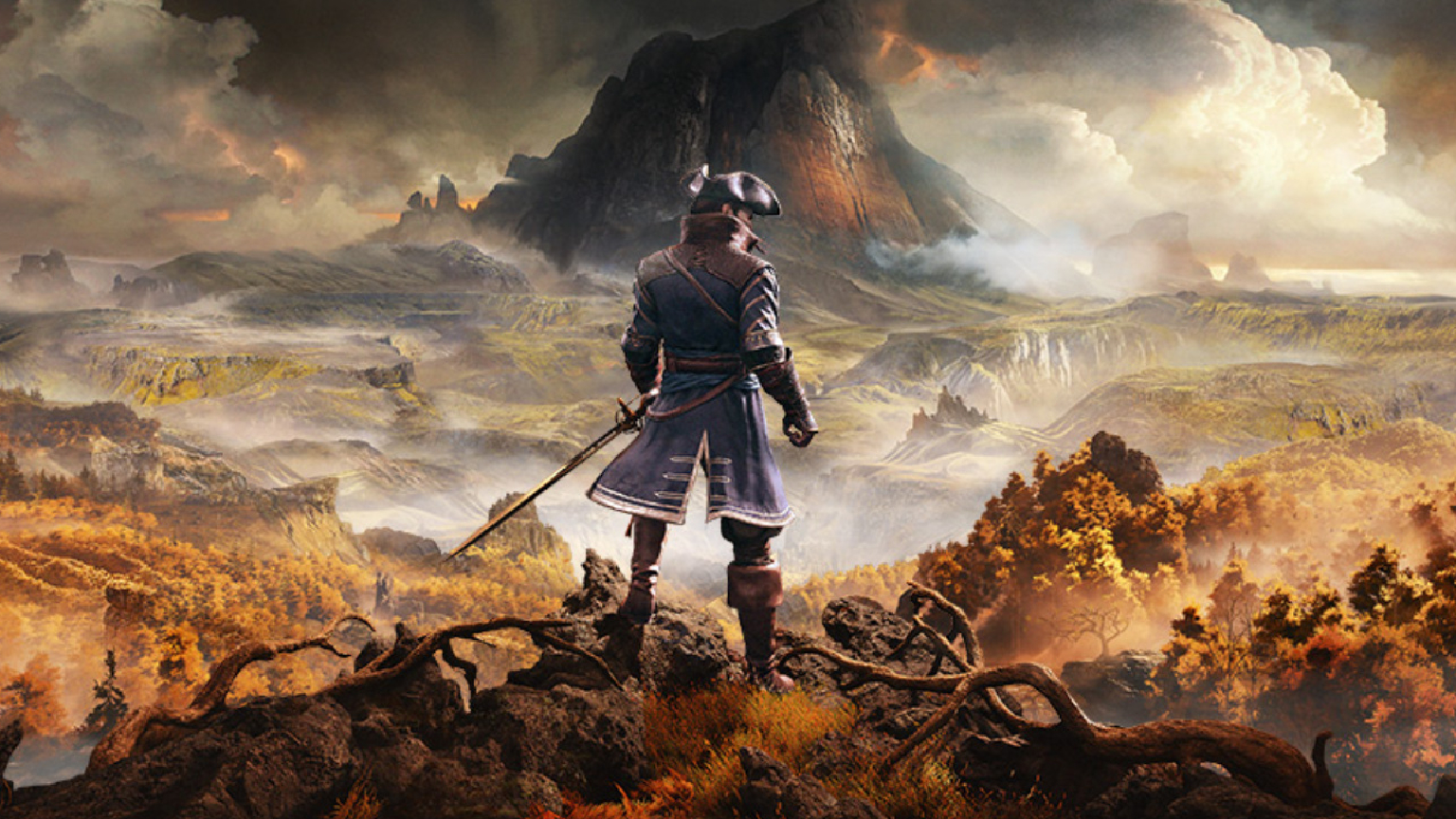As an author, one of the most enchanting parts of writing is creating the worlds in which your characters live. Dilshad Valley is the realm that captured my imagination and became the central setting for my novels. I invite you to visit Dilshad, a land steeped in the echoes of ancient Asia, where mystery, history, and romance converge.
“Dilshad” itself means “happy heart” in Persian, and I have sought to infuse the valley in the essence of happiness, or at least in the quest and the promise of it. I imagine it to be like Persia—a crossroads of cultures, religions, trade, and ethnicities. Like Persia, it has known invasion and empire, defeat, and glory, and like Persia, it has persevered. I imagine it to be a place like India—a land of multiple languages, religions, and cultures. Like India, Dilshad is home to many cultures and religions, and like India, it experiences clashes and collaboration. I imagine it to be like Turkey—at its best with its high culture, universities, and egalitarian attitudes, and at its worst—with its palace intrigue and internal chaos. Like Turkey, Dilshad is rife with palace politics and murderous harems, and like Turkey, it has reached illustrious heights, both religious and secular. Dilshad is a tapestry woven from the threads of history and heritage of all those countries.
It lies in the land between all of them: China to the North, India to the East, Persia/Turkey/Arabia to the West, and a sea to the South. Far away in the distance is the looming threat of the colonizing powers, but they have not arrived yet. To the west, also lies Africa, teeming with flourishing kingdoms and empires.
This is the only place Dilshad could be because I wished to grapple with the theme of romance in an Eastern setting. What better place than a crossroads of cultures, religions, languages, and heritage? My current novel, Captivated, takes place roughly in the 14th century, a time of nascent kingdoms, and during the period of the spread of Islam and Christianity, which often clashed with the existing Hindu and Buddhist traditions.
At the time of this story, Dilshad is being torn apart by war, and Rasha, a princess of the southern realm of Isfahan, wishes to bring an end to war. Her only way, however, may be to marry the prince of the northern realm, Azure. She will ask for his agreement. If he is smart, he will agree. If not, she will have to use other means to convince him. I invite you to read the novel and discover if Rasha can make Dilshad true to its name.

